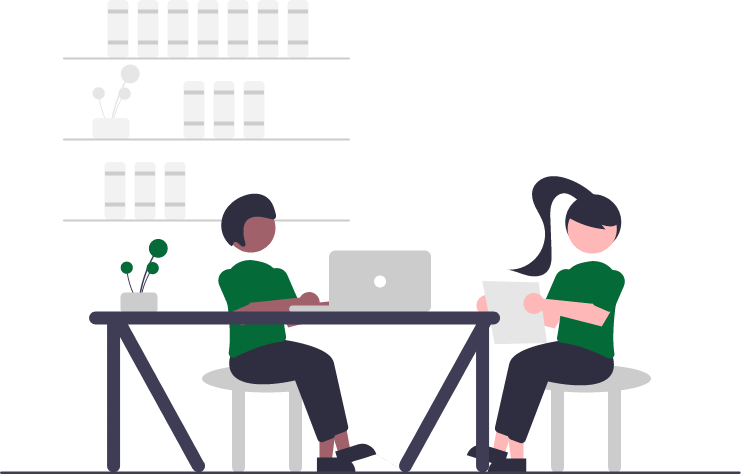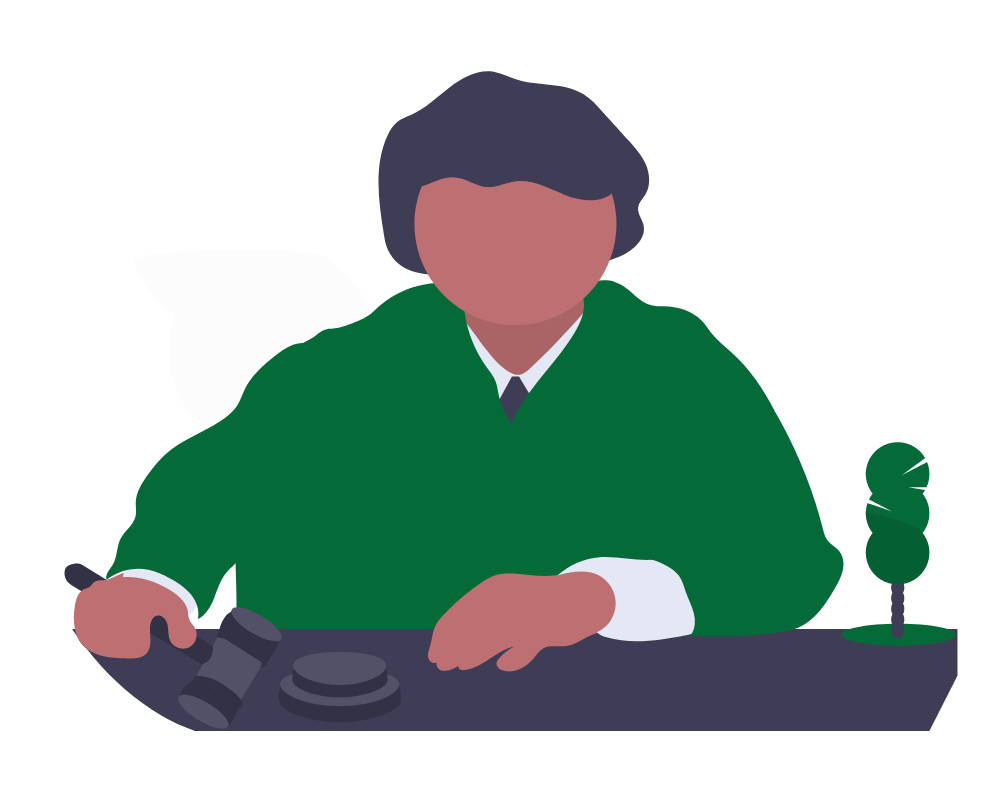Quickly compare and purchase disability insurance
Evaluate disability insurance policies. Protect your income.

Disability Insurance Basics
What is Disability Insurance?
Disability insurance a contract between the policy owner (you) and the insurance company where you trade an amount of money (premium) for an amount of monthly coverage (benefit amount) that would pay out to if the insured is unable to do their job due to an illness or injury.
The two main types of disability coverage are ‘short-term’ and ‘long-term’. Short-term coverage is usually for illness or injuries lasting one week and three to six months. Long-term disability coverage is for illnesses and injuries last longer than three months. It is the long-term disabilities that we need to protect against most.Parts of a Disability Insurance Policy
There are a five main parts of a disability insurance policy. They are:
- Definition of Disability: The language that determines if benefits are payable depending if you cannot do just your job duties or if you cannot do any job duites.
- Benefit Amount: The monthly payout that would get paid to the policy owner is the insured is unable to work due to an illness or injury.
- Benefit Period: The length of time that the benefit amount is payable for after a disability occurs. This can be for a number of years or to a certain age.
- Elimination Period: The number of days after a disability occurs before the monthly benefit amount becomes payable. This could be as short as one month to as long as two years.
- Riders: These optional enhancements can provide coverage for partial disability, inflation protection, additional benefit for catastrophic disabilities, and more.
Calculate how much coverage you need
Importance of Disability Insurance
Protecting your current and future income

Income Replacement

Lifestyle Stability

Business Continuity
Definitions of Disability
True Own Occupation
This definition considers you disabled if you are unable to perform the duties of your own occupation. Under this definition, you are typically considered disabled if you can’t work in your specific occupation or profession, even if you may be able to work in a different field or capacity.


Modified Own Occupation
This definition considers you disabled if you are unable to perform the duties of your own occupation. Under this definition, you are typically paid a full benefit if you can’t work in your specific occupation or profession and are not gainfully employed in another occupation.
Any Occupation
This definition considers you disabled if you are unable to perform the duties of any occupation for which you are reasonably suited based on your education, training, and experience. It typically means that you must be unable to engage in any gainful employment, not just your own occupation, to be considered disabled.
